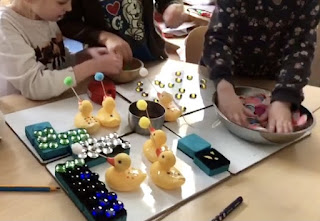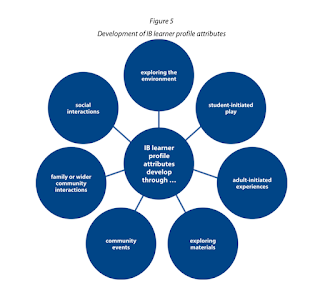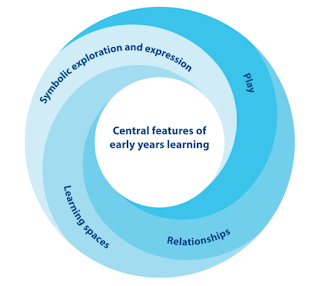Transdisciplinary Learning

This post will identify some of the features of the PYP that allow us to make transdisciplinary connections. I will then offer highlights of a recent unit of inquiry in Kindergarten. Transdisciplinarity broadens and deepens learning opportunities about significant and connected ideas. It adds more possibilities to an inquiry as concepts are uncovered and shared meaning is made, rather than added content to cover. In this way, transdisciplinary learning allows children more choice, voice and ownership in their learning. For more theory about transdisciplinarity please see this page from a website I started (and soon stopped!) It is important to note that transdisciplinary learning can take place inside and outside of the programme of inquiry. Children are so often engaged in transdisciplinary learning in their play and inquiries as they have not been 'schooled' to separate disciplines. This past week, a group of children found broken plastic ducks from water play and decided t...


